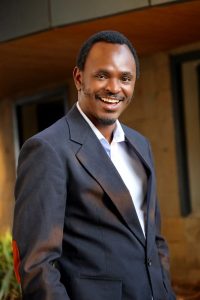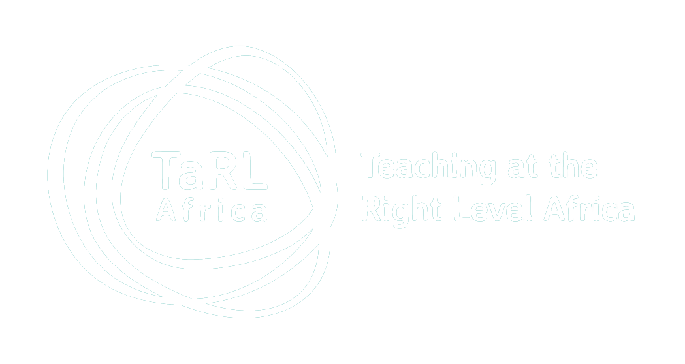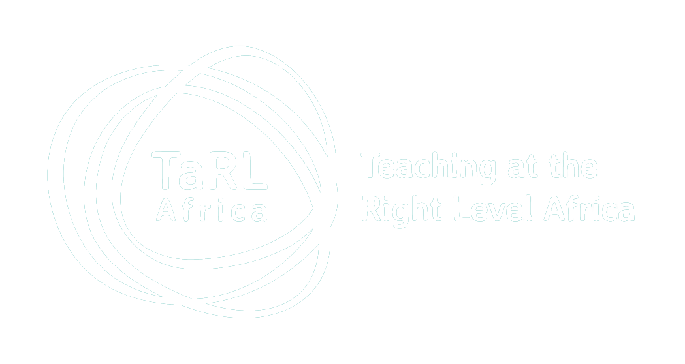 Naaman Ochieng is TaRL Africa’s Programmes Coordinator. He supports Incubation and Learning as well as government engagement in Kenya to strengthen implementation and strategy to improve program growth. He lets us in on his role as a Programmes Coordinator and why he loves working at TaRL Africa.
Naaman Ochieng is TaRL Africa’s Programmes Coordinator. He supports Incubation and Learning as well as government engagement in Kenya to strengthen implementation and strategy to improve program growth. He lets us in on his role as a Programmes Coordinator and why he loves working at TaRL Africa.
What has your experience been so far working in TaRL Africa?
My time spent working for TaRL Africa has been wonderful and exceptional. I joined TaRL Africa when the TaRL approach program was starting in other countries in Africa. This was a tremendous learning curve for me because one of the fascinating aspects of TaRL Africa is how it is grounded on evidence-based programming.
Presently, I have concentrated more on Kenyan programming, as I support government engagement through the Kenya Learning Labs where the organization trials and incubates nimble innovations and tweaks in the TaRL approach.
In your opinion, what is the biggest challenge facing children today?
The biggest challenge facing children today is the rapidly changing world requiring the 21st century skills and knowledge. These are extremely difficult to achieve if children are unable to learn independently, a scenario that is exacerbated by the lack of foundation literacy and numeracy skills in Kenya, and worse in many other African countries.
We have serious learning iniquities where children move through classes and don’t obtain the requisite skills to learn on their own. For instance in Kenya, the curriculum change into the Competence Based Curriculum (CBC) requires children to learn independently as well as with parental support. Imagine how learning is for children who are the first to attend school in their families, and have no literate person around them to support. This is a common story in the arid and underresoruced counties in Kenya.
What has been your biggest accomplishment so far?
My biggest accomplishment so far has been building relationships with the government, particularly, in having conversations with the Ministry of Education technocrats to appreciate the need for accelerated learning and how that fits in our context, and to also witness the real time impact on children’s ability to read and carry out basic maths operations in the schools where the TaRL approach has been tested.
What’s the most unique part about working here?
The unique bit about working at TaRL Africa is the laser-focus on root cause of learning crisis in Africa. The approach allows time for a deep-dive in learning, that is based on the needs in a particular context. I don’t know that this can be achieved in any other way.
What does relaxation/unwinding look like for you?
I read a lot, primarily about the global perspectives, to better understand what is happening in various parts of the world and how it can impact children’s future, particularly in Africa.
What is that one thing that your colleagues don’t know about you?
I love singing. I sing any genre generally for entertaining purposes.
Parting shot
We are here to change the education landscape for good, and with a great focus on the TaRL approach, this should be achieved in under one decade.

